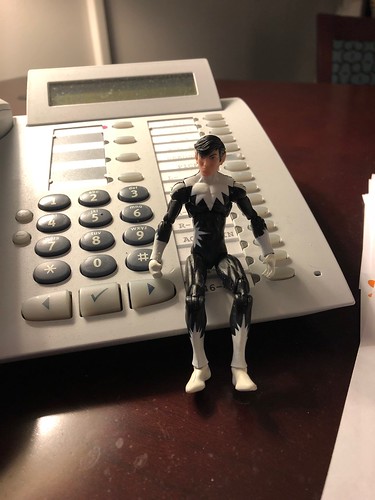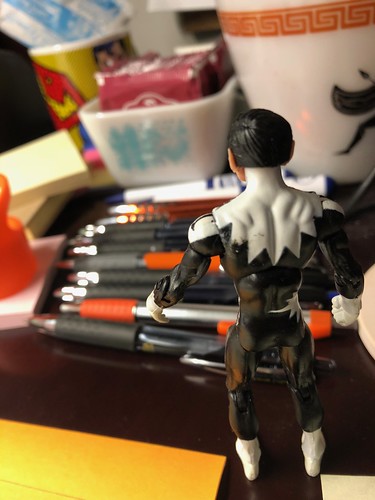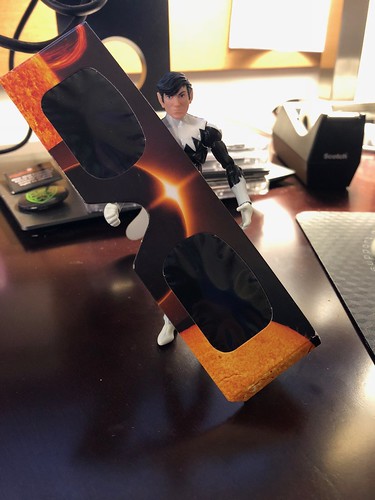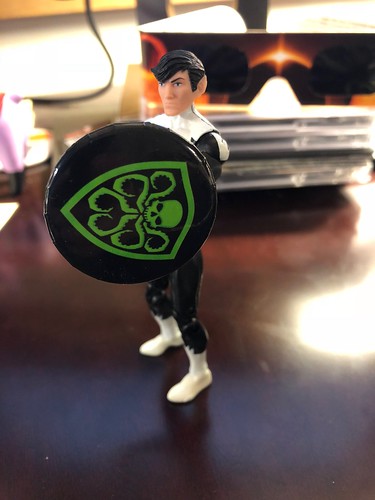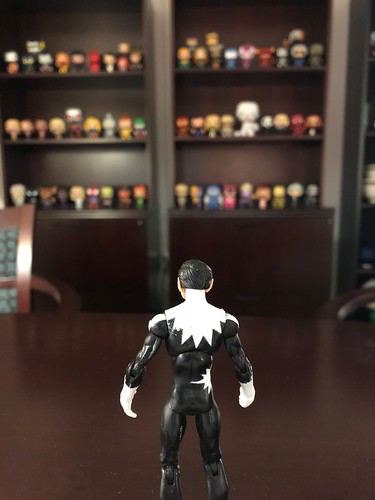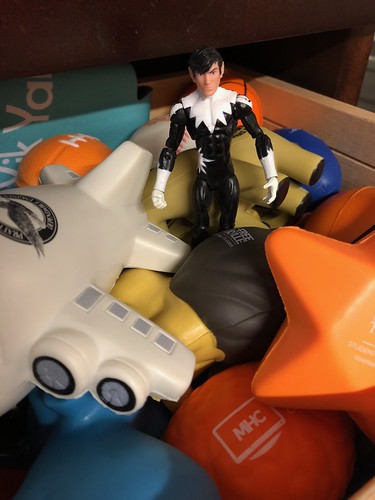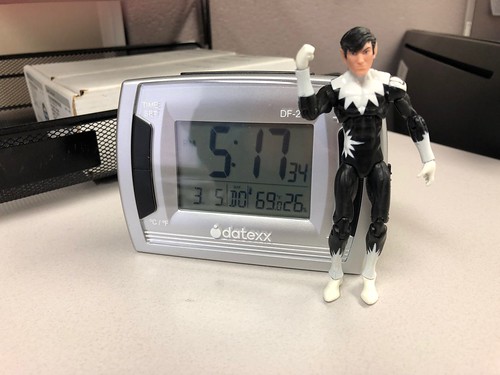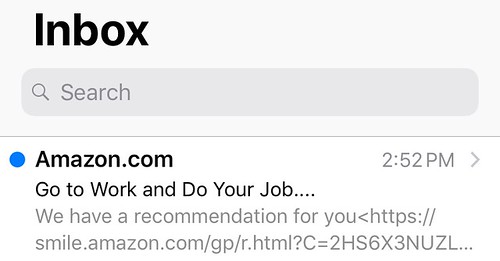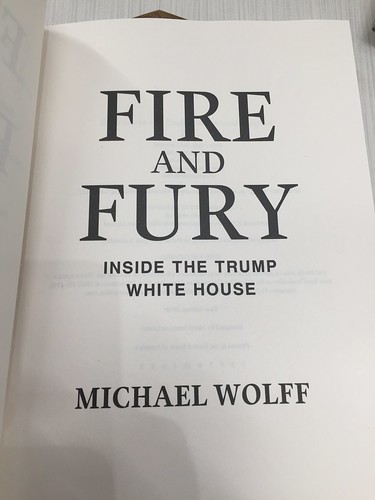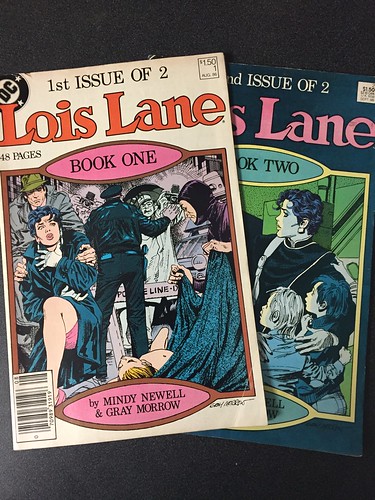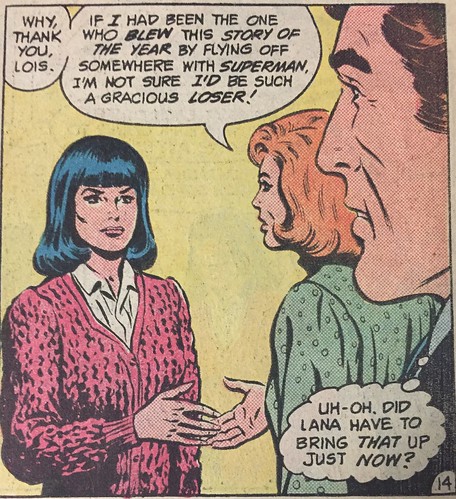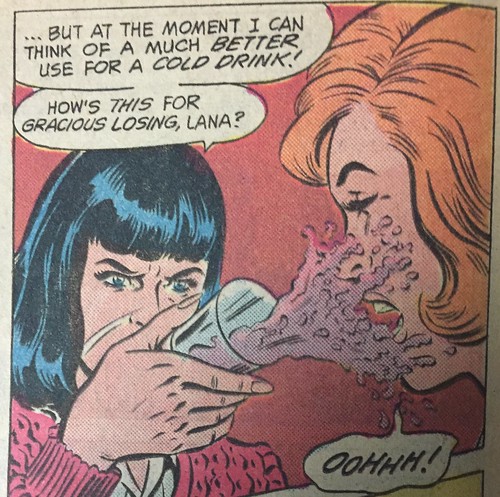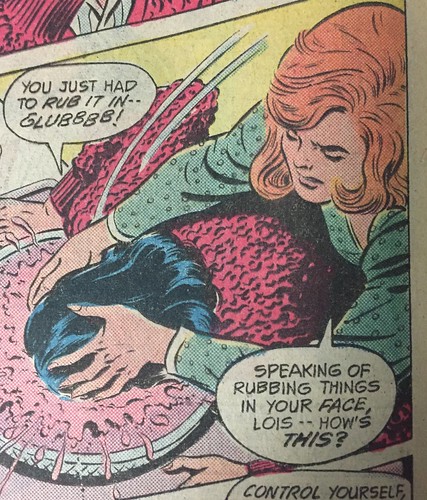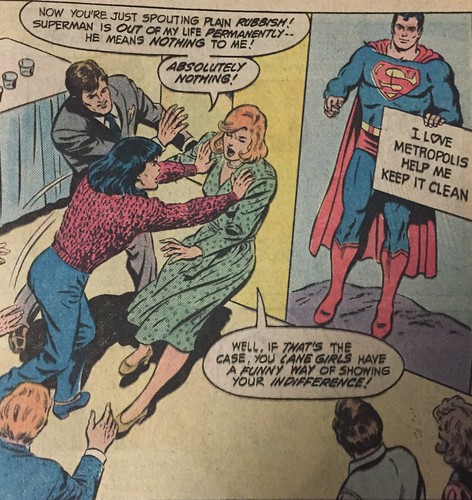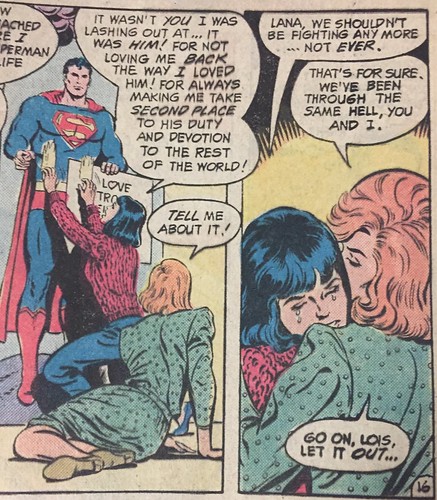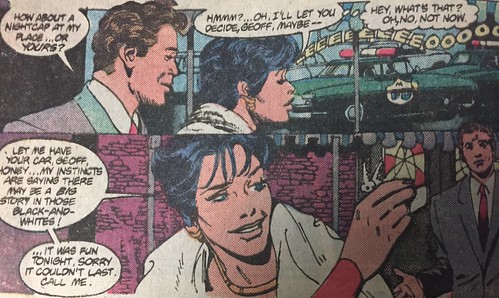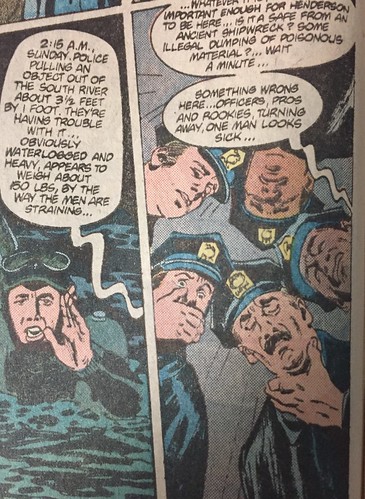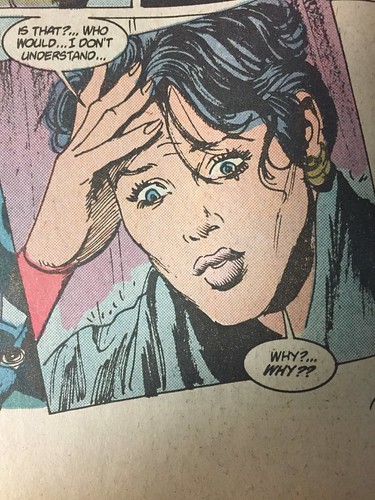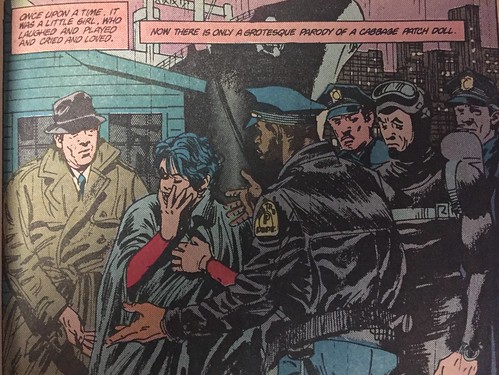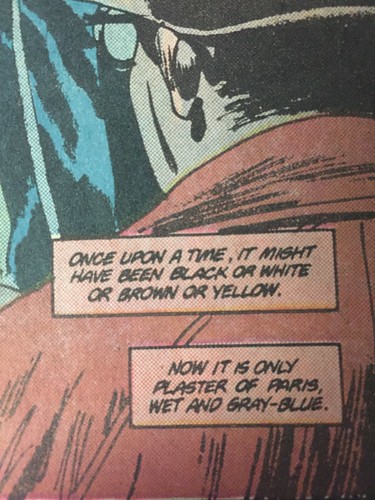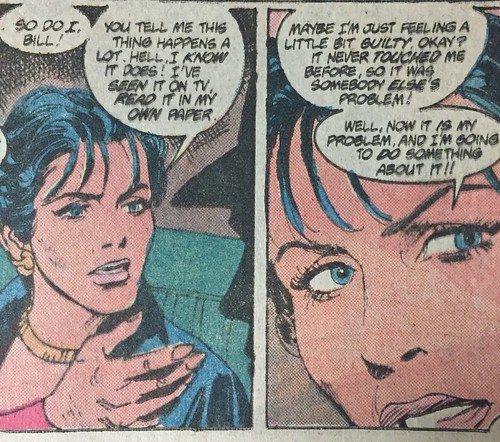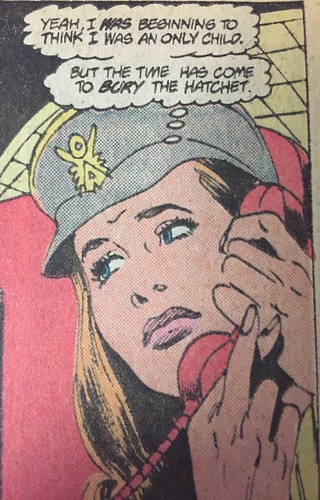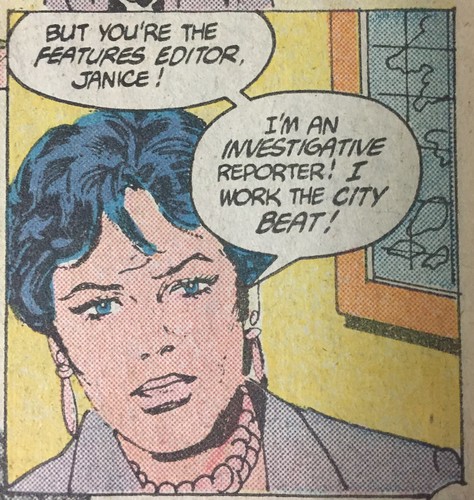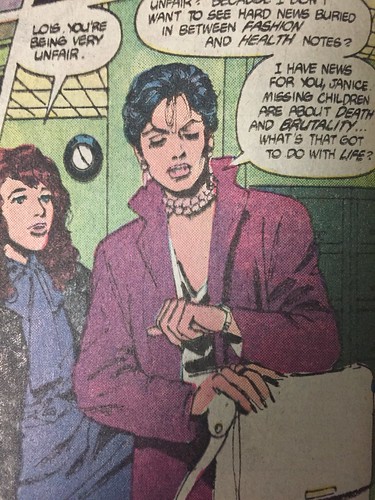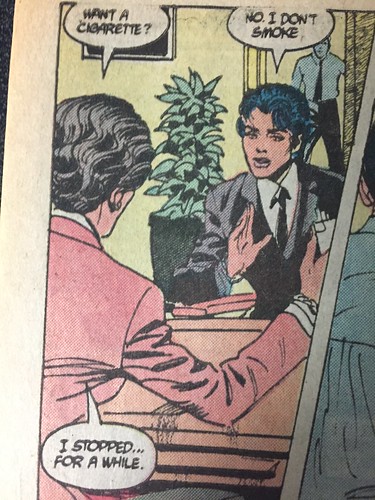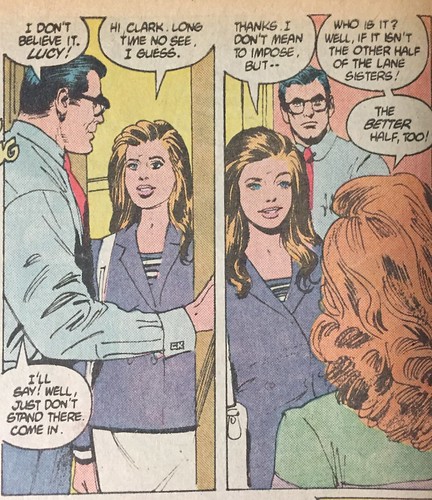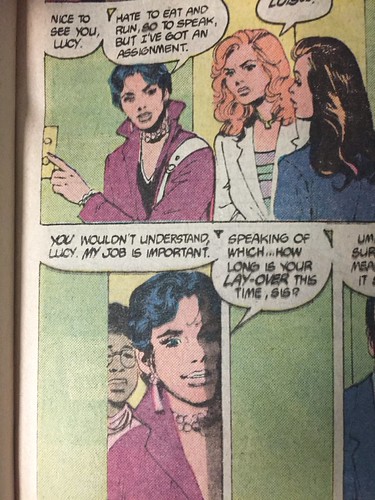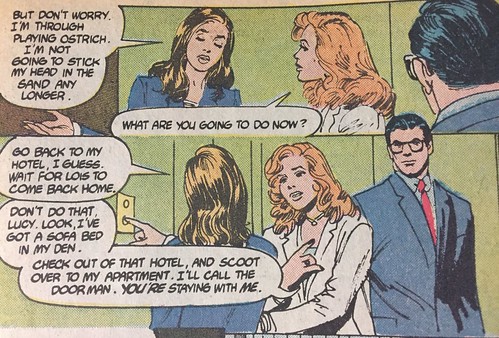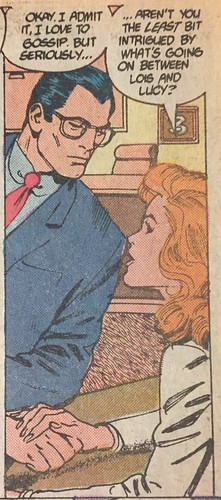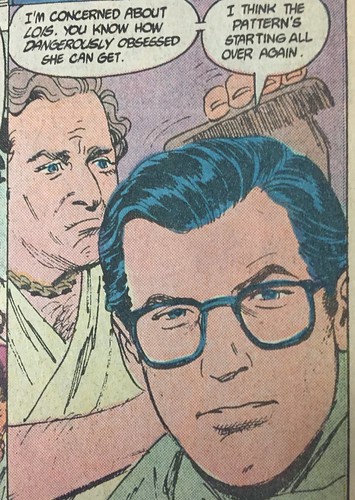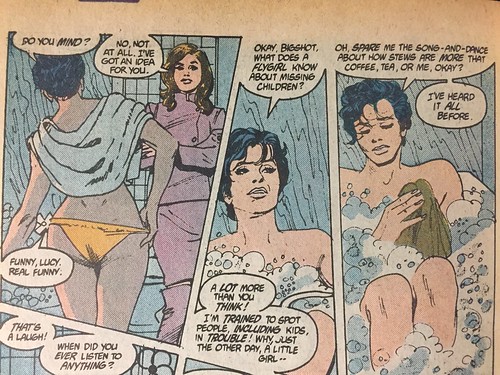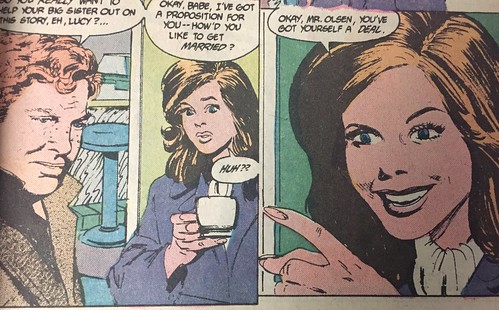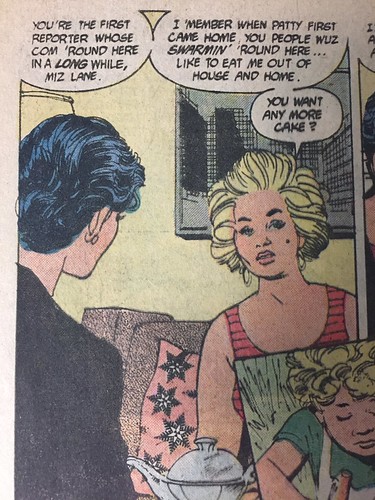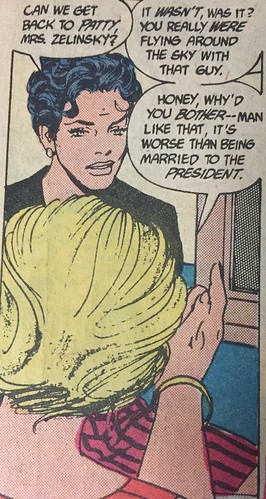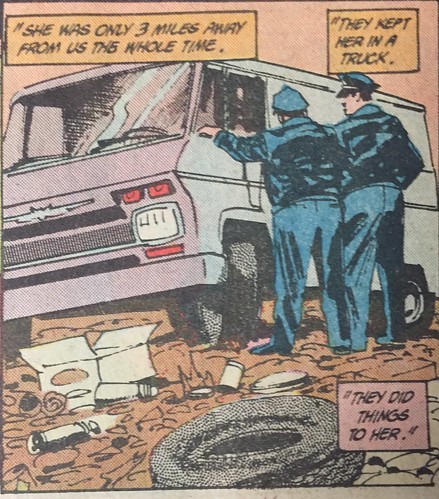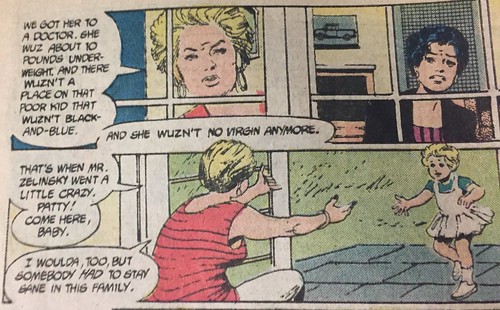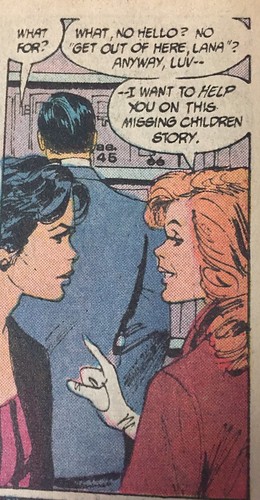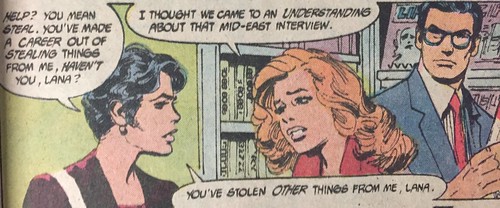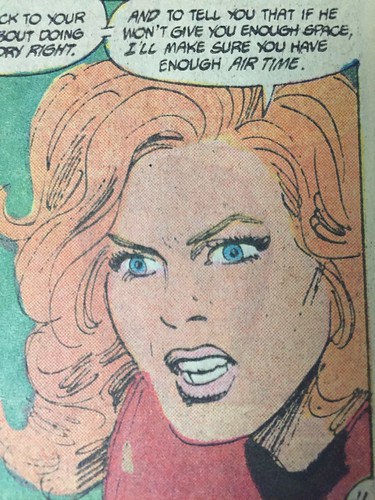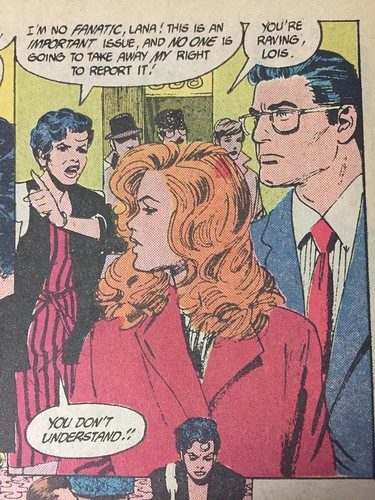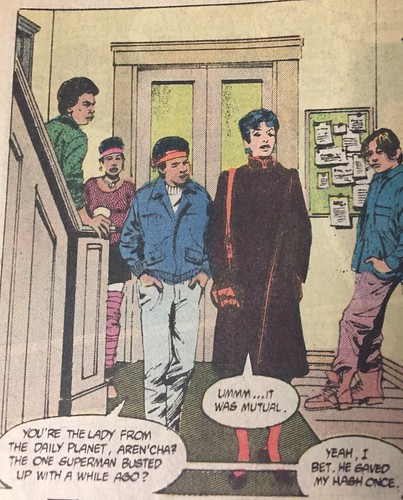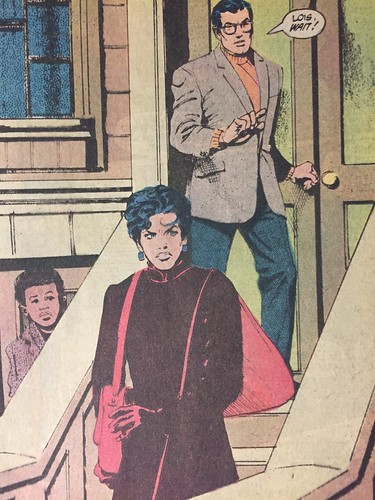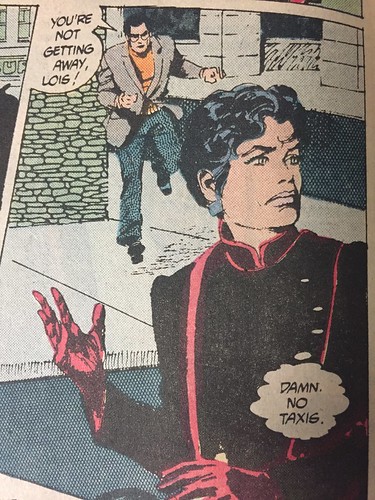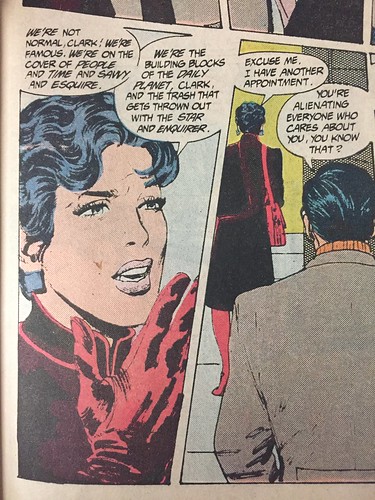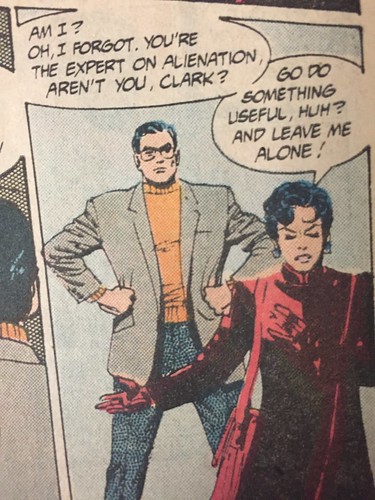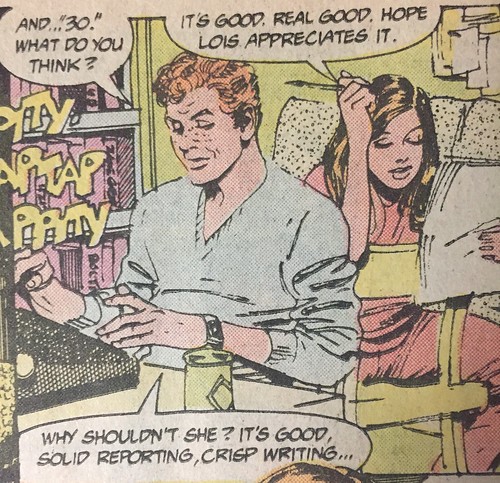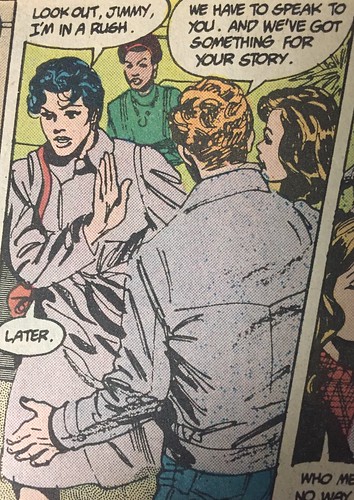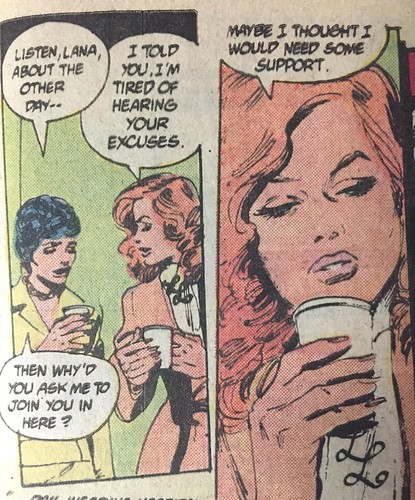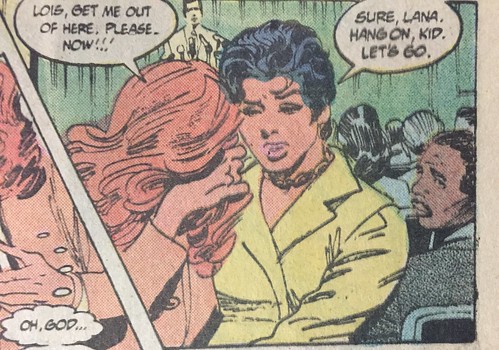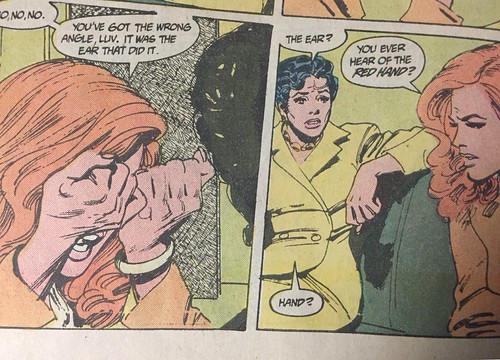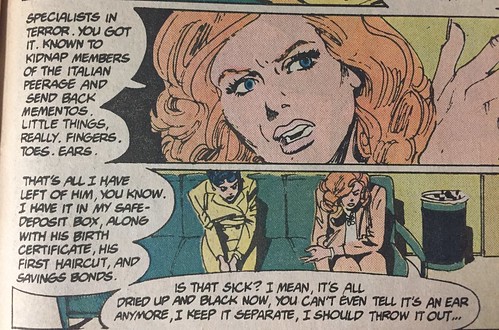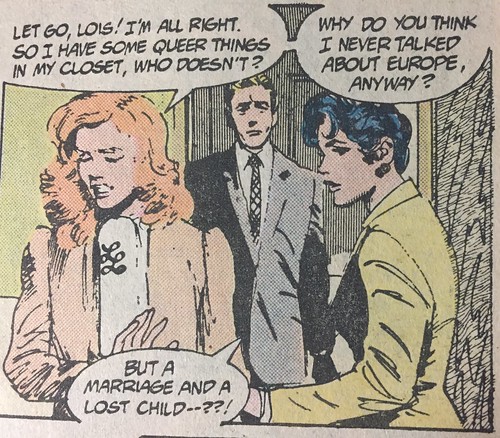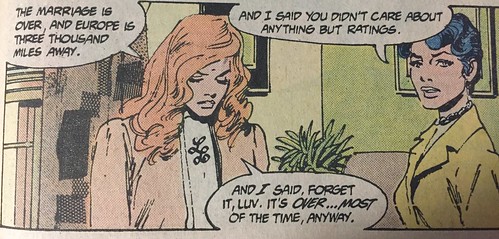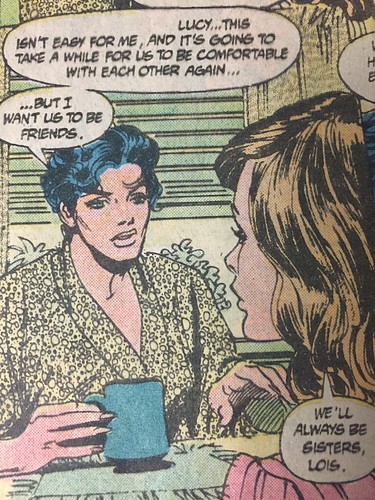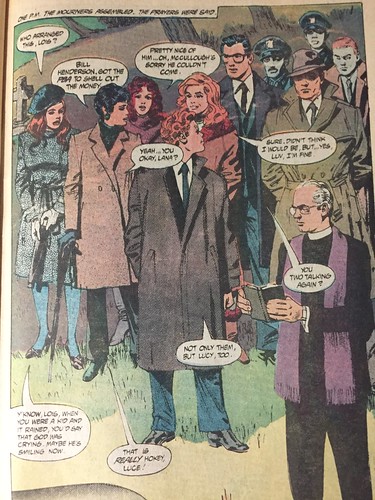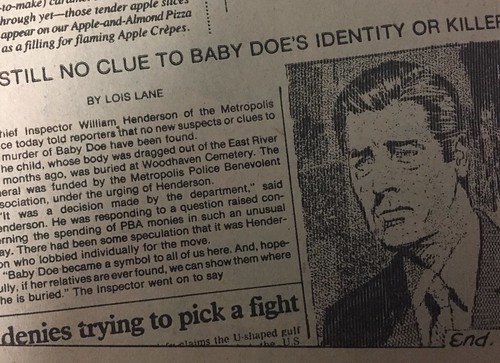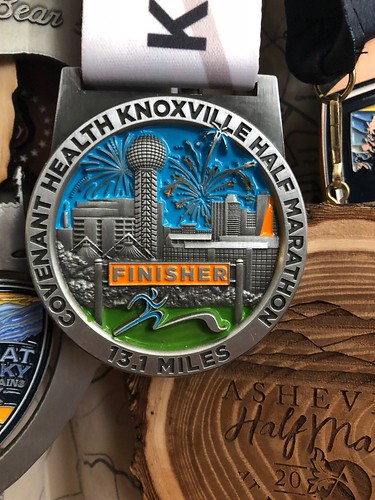
I first became aware of this race in March 2016, when I was walking to Sunday brunch with my friends and crossed the race course a few times. During one of those crossings, I stopped to talk to a volunteer who explained that the race goes through Knoxville and finishes on the 50 yard line at Neyland Stadium. Living in Knoxville, that's kind of a big deal. At this point, I'd already finished the Great Smoky Mountains half marathon and the Asheville half marathon at the Biltmore, so the idea of doing another wasn't terrifying, and in August of 2017, right before I did the GSM half again, I registered for the Knoxville Covenant Health Half Marathon for Spring 2017.
Then I didn't participate in the race.
The month before the race, I did the Asheville half again, and not only did I come in last place but I also picked up a terrible cold that ended up settling into my chest and hung around for a month. I was determined to still do the Knoxville half, and took so much cold medicine that I am probably on a list somewhere as a possible meth cooker, but the week of the race I was still coughing and my average mileage time was a half hour a mile, so I had to painfully admit that I could not do this race. Since I didn't cancel until the week of, I lost my registration fee, and I was too ashamed to even go pick up my race shirt. I was so mad and disappointed in myself for getting sick and for not going to see a doctor to receive actual treatment rather than dosing myself with Mucinex and orange juice for a month, and I resolved that this year, it was going to happen.
And it did.
After finally defeating the GSM half this fall (I mean it; I'm not doing that one again because the course has physically injured me two years in a row) I decided not to do the Asheville half again. I got a flu shot this year, which I usually never do. I physically avoided any friend who said they had a cold. My health was not going to be an issue this year, even if I had to sequester myself and live in a Lysol-scented bubble. I did not get a cold.
But damn, this race was a bit of a struggle.
At first, I wasn't intimidated by the course, because a lot of it takes place on streets and greenways that I normally walk on the weekends. Sure, I don't normally add them together in this particular combination, but I've walked a lot of the course at various times and for various differences, and wasn't too afraid. I even talked to people who had done it, and they all assured me that there were only a couple of terrible hills, and long stretches that were "mostly flat". I even agreed, because I pictured them in my head and thought things like, "Yes, Forest is mostly flat" without thinking things like, "It's mostly flat because the entire street is just one long rise in elevation". I got a little bit more worried when I looked at the elevation chart. There is never a spot where this course is flat. There are spots that are flat-ish, in that they are flatter than other parts, but no parts are actually flat.
People warned me that the hill on Noelton Drive (it's not really "on" Noelton so much as it is Noelton; the entire street is a hill) was the worst, but that came after an entire neighborhood of hills. It was a lot, and my legs felt like jelly when I got to the top of it, which was kind of a bad thing since that hill is pretty close to the halfway mark. I even felt a little dizzy for a moment, and thought about telling the next cop car I saw that I was done. Fortunately, just before the Mile 8 marker, the course goes past my friend Mindy's driveway, and Mindy's whole family and my friend Yodi were all out in the driveway to cheer for me. I've never had a cheering section at a race before, other than at the end when my friends finish before me, and it was shockingly motivating. Yodi even ran out to walk with me for a minute. He was playing some sort of song on a speaker, and wanted me to dance, but I have no idea what that song was because at that point all I could mentally process was, "I have to finish now."
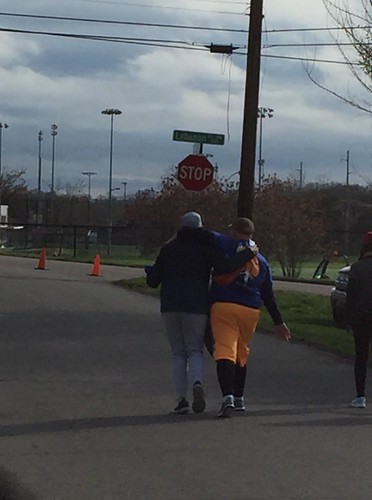
"You can do it!" Yodi told me.
"I want to die," I answered.
Later, just after Mile 9, I tried to cut around a large puddle on the Third Creek Greenway by stepping onto the grass, and I went all the way down onto both hands and both shins in mud. Other runners offered to help, but I was good and covered. I looked kind of like I turned the half marathon into a Spartan Race, but I kept going. When I was telling my mom about it on the phone, she asked, "Well, what did you do?" and that was my answer. I kept going. Four miles from the finish, someone could have covered me in a bucket of pig blood like Carrie at the prom, and I would have wiped it out of my eyes and kept walking. I'm not stopping for mud.
I also wasn't hurt, and I didn't die.

I finished.
I do have to disagree with the idea that Noelton is the worst hill. My vote goes for the one at 22nd Street, because it went on forever. Noelton is steeper, but you can see the top. On 22nd Street, it just felt like you were climbing and climbing and climbing, and eleven miles into the race that's not a feeling that you want to have, especially when it was past the last water station.
I also have to take a moment to thank my friends. They sent encouragement online, and texts. My friend Erin saw me on TV and texted me the photo during the race, so that I saw it on my Apple Watch and thought, "Holy shit, I'm on TV." (That was fascinating to me because nobody ever takes pictures of the back of the race. You always see photos of the front people, the ones who are sleek and running and managing to smile, but nobody ever takes pictures of the slow, steady turtles at the back.) Mindy asked if I wanted them to run out with any specific consumables, an offer that I might take her up on next year because that spot is a great place for a quick sugar rush. Yodi gave me a hug when I needed one. Sara met me at the stadium, held my stuff when I wanted to immediately go to the bathroom to wash my hands (God bless her. She deserves some kind of a medal because my attitude for about 20 minutes after I finish a half marathon is a mix of disjointed enthusiasm and irritation. I handed her my water bottle and the bag with my other shoes and blurted, "I'M DONE WITH THESE. I'M DONE," and she took them without batting an eye.), untied one of my shoes for me when I was having trouble bending, drove me to brunch to meet our friends Drew and Peter, didn't complain when I wanted to catch Pokémon for a minute after brunch, and drove me back to my car later.
My friends are wonderful.
They are currently all forgiven for any incidences of tardiness to meals, movies, or other events over the past year.
And now I have a time to measure myself against when I do this race again next year.
